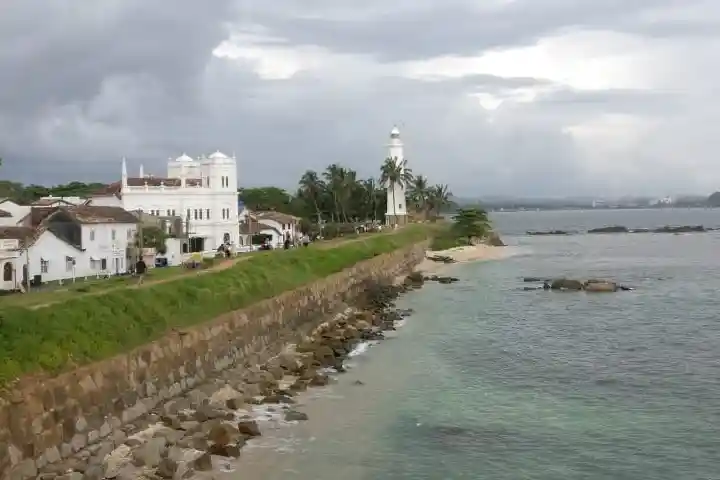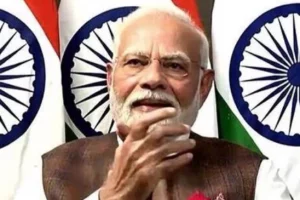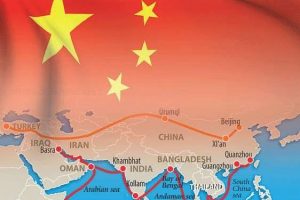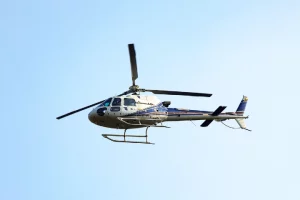Sri Lanka’s retail sector, accounting for 23 per cent of the country’s GDP, has been one of the worst impacted by the Covid 19 pandemic.
Many have had to shut down their businesses. The sector represents 14 per cent of the labour market with more than 1,100,000 people being self employed. The fear is that this could lead to further job losses in the country.
Not just that. The dent in the retail segment may even impact the tourism sector, which has just opened up.
“Tourists, especially foreigners, come to Sri Lanka and they typically love to shop. Clothes, bags, home stuff and handicraft have always been in big demand,” a tour operator based in New Delhi said.
Also read: Sri Lanka's industrial production shows some sign of an uptake in December
Sri Lanka based Sunday Island in a report said that the current foreign exchange crisis which hit imports of non essential goods have pushed many of these businesses to the brink of collapse. “Consumer durables, clothing and related industries are a case in point where there had been product shortages regularly due to the inability to gather adequate foreign exchange through the banks to fund imports and fulfill local requirements,” it said.
The pandemic has dealt a blow to the Sri Lankan economy. The country’s foreign exchange reserves have depleted to alarmingly low levels while inflation has increased. Sri Lanka’s President Gotabaya Rajapaksa had to declare a state of economic emergency in September last year.




















